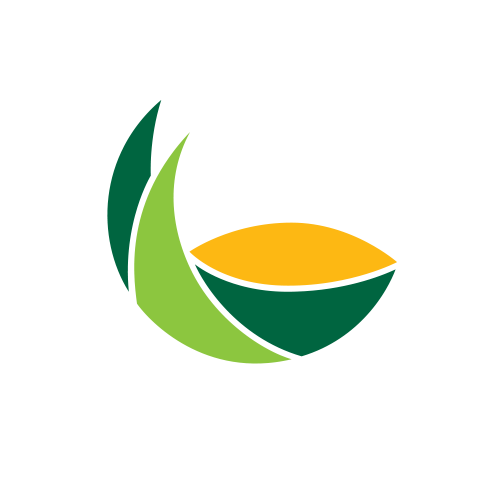EMPOWERING SMALL-SCALE GROWERS: USING SIMPLE SOIL DATA FOR BETTER SUGARCANE YIELDS
Dr Thandile Mdlambuzi
For small-scale growers (SSGs), maximising yield potential is crucial for their livelihoods and the sustainability of the industry. Recognising this, the South African Sugarcane Research Institute (SASRI) has been actively working on Project 18TD08, titled “Capacitating SSG extension in estimating yield potential in SSG regions using simple soil data”.
This initiative focuses on equipping extension service personnel with the knowledge and tools to provide effective, data-driven sugarcane management advice to their growers. The core idea behind the project is simple yet powerful: leveraging readily available soil information to help SSGs understand the inherent production potential of their land. As the project progresses, SASRI extension specialists, along with their counterparts from the Department of Agriculture and Rural Development (DARD), are being trained on how to interpret soil data and translate it into practical management recommendations for growers.
The project has been rolled out across various SSG regions, including Midlands North and South, Felixton, the North and South Coast and Pongola. The project involved not only growers, but other stakeholders such as mill extension and grower associations that included the South African Cane Growers’ Association and the South African Farmers Development Association regional officials. In each region, the process involves soil information gathering and sample collection, followed by expert analysis. The insights gained from this analysis are then shared with extension officers through workshops and training sessions. A key workshop is planned to bring together extension services from across the mill areas. Grower engagement is a vital component of this project. As illustrated in figure 1 and 2, SASRI soil scientist (Dr Thandile Mdlambuzi interacts with growers, explaining the characteristics of their local soils and providing management recommendations tailored to their soil conditions (figure 1 and 2).

Grower engagement
These interactions help bridge the gap between complex soil science and on-farm decision-making. Similarly, Figure 2 depicting a field day training session and hands-on learning opportunities for extension specialists and agricultural advisors.

Field day training of SASRI extension specialists and DARD agriculture advisors
While progress has been made, the project has also encountered real-world challenges. Coordinating training schedules with busy extension personnel who have other commitments, such as modular courses and roadshows, has presented some logistical hurdles. However, the commitment to equipping extension services remains strong, with dedicated periods set aside to ensure sufficient training and soil sampling targets are met, even outside of scheduled training days.

Ultimately, the project aims to foster a sustainable practice where extension personnel are empowered to utilise regional production potential knowledge to communicate effective sugarcane management to SSGs. By understanding their soil, growers can make more informed decisions about variety selection, fertilizer application, and overall field management, leading to improved yields and more resilient farming operations. This initiative represents a significant step towards ensuring that even small-scale growers have access to the knowledge needed to thrive in the sugarcane industry.
Dr Thandile Mdlambuzi is Soil Scientist at South African Sugarcane Research Institute (SASRI)
